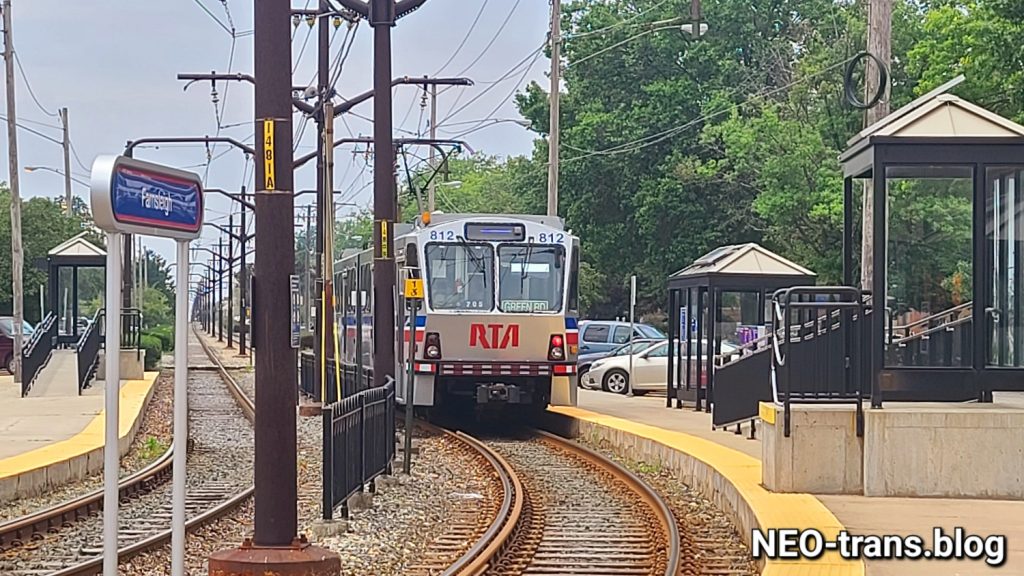Another bump in the road has stalled the massive nuCLEus development in downtown Cleveland. This time it has stalled from an impasse over a city loan, even as the project has garnered more than 95 percent of its funding and was scaled down to two-thirds of its previous size. The last piece of financing seems to be eluding the joint venture of Stark Enterprises and J-Dek Investments Ltd.
That’s even more difficult to comprehend when considering Stark’s equity contribution to the project may be no more than 1-2 percent, according to a source reportedly familiar with Stark’s financing for the project, called the capital stack.
In dollar terms, Stark’s contribution may be as little as $3.5 million to $7 million of the $350 million nuCLEus project. In other words, when Stark sold its former headquarters building at 1350 W. 3rd St. for $2.65 million in late-2018, it either came close to equaling its equity in nuCLEus or allowed Stark to almost double it.
Ezra Stark, Stark Enterprises’ chief operating officer, did not answer questions for this article submitted by e-mail, including a request to confirm Stark’s equity contribution. Stark, however, acknowledged that he read and received that e-mail. In other words, he has no comment.
Yes, Stark touts that nuCLEus has a $100 million equity contribution. But the sources of those funds is opaque. NuCLEus is actually being sponsored by a joint venture between Stark and J-Dek Investments Ltd. called Gateway Huron, LLC. Stark touts that Stark, J-Dek and their equity investors are making a sizable contribution to the project. That also includes their $26.7 million purchase of more than 3 acres of land in 2014.
And it includes $9.5 million which J-Dek raised in a public offering of a shares in Nucleus Jdek LLC in 2014-15, according to its Notice of Exempt Offering of Securities and subsequent amendment filed with the Securities and Exchange Commission.
The source familiar with Stark’s equity contributions for nuCLEus and other projects said Stark typically doesn’t contribute large amounts of equity to its projects. Stark also reportedly didn’t contribute more than 1-2 percent of its own equity to build the $94 million Beacon apartment tower above the existing 515 Euclid parking garage, he said.
“Stark seems to be more of an organizer of equity from others, then Stark does the work to deliver the project,” the source said.
It’s not uncommon for project sponsors to deliver sweat equity in a project, only to get paid at the back end. By comparison, limited investors typically contribute 80-95 percent of the capital yet don’t get their hands dirty on a project. Instead, they receive a preferred 5-10 percent return on their investment from a majority of the cash flow and profits as well as most of the tax benefits.
But that often means the project sponsor puts 5-20 percent of its own equity in a project – not 1-2 percent. If Stark contributed just a shade more than 5 percent of the equity in nuCLEus, perhaps it might not need the $12 million city loan.
Stark’s desired final piece of the financial puzzle likely isn’t going to happen, barring a miracle. That piece is the $12 million loan it has requested from the City of Cleveland. But City Council seems to be arbitrarily attaching a prevailing wage provision for this construction loan.
The city probably isn’t going to back off that condition. City council members have said, given the scale of the nuCLEus project, they can’t easily award the loan without the prevailing wage attached.
That’s odd. The prevailing wage issue hasn’t come up before. Stark has already been awarded two city loans totaling $360,000, a $19 million city-sponsored tax-increment financing deal, as well as two $6 million loans — one pending from the county and another from the state. None have come with prevailing wage strings attached.
But apparently the wage condition is a deal-killer for Stark. It can’t seem to make the numbers work on its nuCLEus project if it paid all construction workers the prevailing wages for their trades and crafts.
So the $350 million project has stalled because the city and Stark are at an impasse.
There may be other options. Stark could further reduce the scale of the project and thus reduce its cost (albeit scaling back its eventual revenue, too). But it has already been substantially scaled down from a $500+ million project that would have put the city’s second-tallest skyscraper on downtown’s second-biggest parking crater, across Huron Road from the Rocket Mortgage FieldHouse.
Or perhaps Stark could create a new company to receive the $12 million city loan and to quickly build at prevailing wages the least lucrative part of the development, likely to be the foundation pad. Then Gateway Huron LLC could build nuCLEus above the pad, similar to how Stark built Beacon using the air rights above 515 Euclid, which is owned by another company (an investor group led by Reuven Dessler).
Stark will likely have little trouble filling nuCLEus’ duo of 24-story towers — one for offices and the other for residents. The office tower is two-thirds pre-leased in a tightening office market and the residential tower is likely to lease out quickly, just as other new housing products downtown keep filling up within a year or two despite rising rents.
But apparently Cleveland’s real estate market isn’t recovering as quickly as we’d hoped. And Stark is no stranger to finance. Stark created a capital group four years ago to raise money from institutional investors and high-net worth individuals and families. The firm knows where to find money if it wants to come here.
If Stark doesn’t want to contribute more than a few million dollars and can’t find $12 million from investors (including through Opportunity Zone funds) to top off the few remaining percentage points in his capital stack, then maybe Cleveland still isn’t ready for projects like nuCLEus.
END








I find it very hipacritical that city council is crying about wage issues from Nucleus and Stark enterprises when these clowns went all out full fledge to throw everything but the kitchen sink at Amazon for it's HQ2 bid now we all know that Amazon weren't going to pull directly from the local Cleveland workforce just look at Seattle and what happened in NYC Cleveland city council needs to be disbanded
Another great article Ken! But I hope they can make it work as Stark said five years ago this is his legacy and also gift to his home town!
Thanks. I hope they can make it work too. I'm not sure I understand the hang-up with the city loan. As far as I know, Stark already pays prevailing wages — especially with the construction labor market so tight in Cleveland.